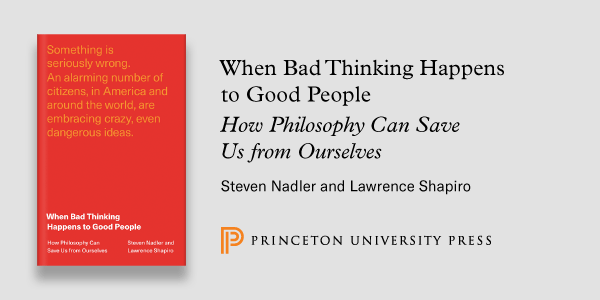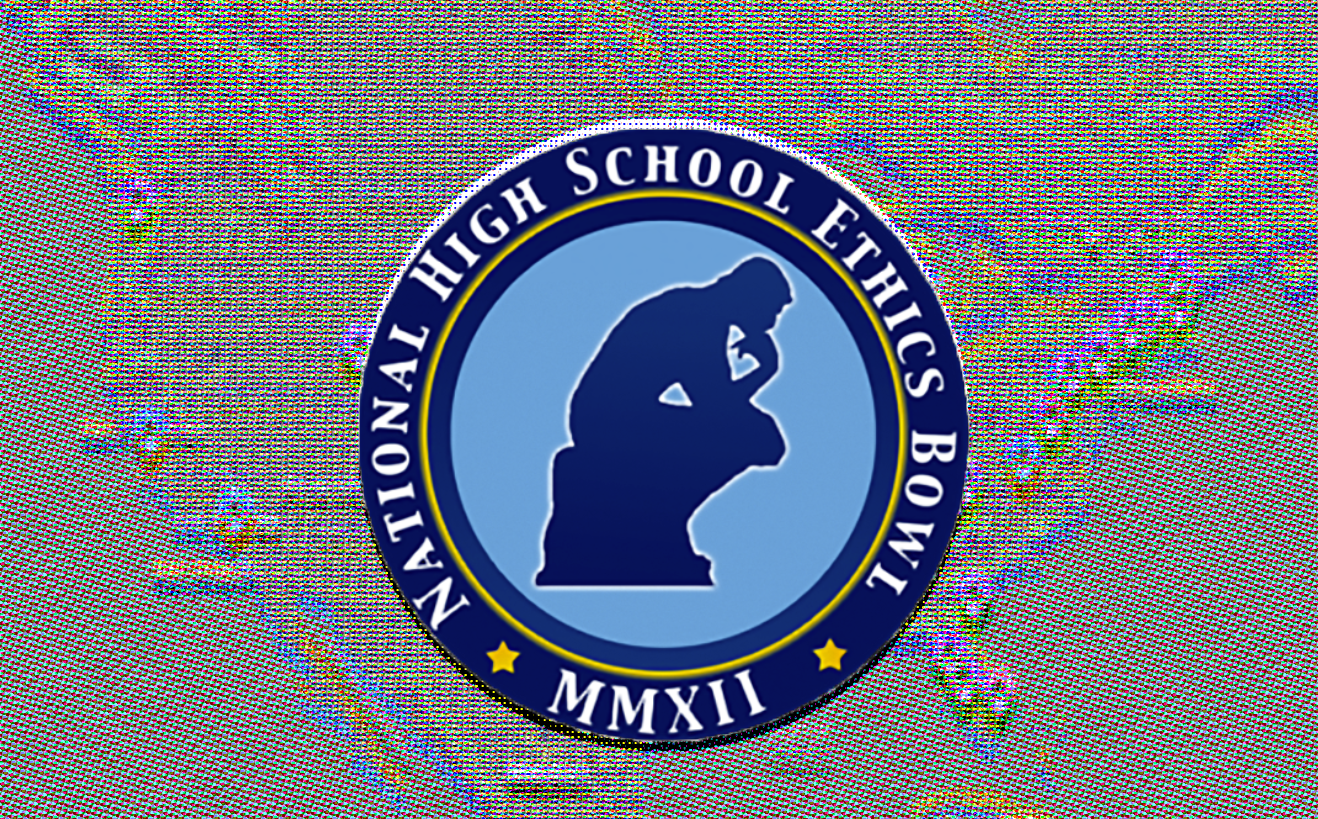
The program is tightly integrated with a service-learning course in the Philosophy Department at UNC entitled “Ethics Bowl and Democratic Deliberation.” In addition to teaching the fundamentals of ethics pedagogy and the essentials of deliberative democracy, the course partners UNC undergraduates directly with schools participating in the NHSEBBridge program in order to design pedagogy resources and coach participants (both students and teachers) on ethical reasoning, moral theories, argument construction, and bowl mechanics, in a series of virtually conducted 1:1 site visits. NHSEBBridge culminates in a new, online-only Ethics Bowl event for participating schools, specifically designed to welcome them to the activity.
Dr. Richardson asks that readers share the above information with others who might be interested.
We are reaching out to the discipline widely to seek philosophers’ involvement as judges and moderators for NHSEBBridge, as well as participation in the activity more generally. We also welcome recommendations for K-12 schools, teachers, and staff who might be interested in working with our UNC Philosophy coaching team in any capacity. High school students between 9th and 12th grade—whether in public, private, charter, magnet, independent, dual enrollment, or home schools—are eligible to participate.
An ethics and civic education program aimed at underserved communities and under-resourced schools, a project of the Parr Center for Ethics at the University of North Carolina, Chapel Hill, is looking for philosophers who are interested in helping.
The National High School Ethics Bowl Bridge (NHSEBBridge) (previously) helps high schools in underprivileged areas that are new participants in ethics bowl competitions. Alex Richardson (UNC), who organizes the program with Michael Vazquez (UNC), explains:

NHSEBBridge is a continuing ethics and civic education program offered by the UNC Parr Center for Ethics, designed for schools new to the National High School Ethics Bowl (NHSEB). NHSEBBridge specifically targets underserved communities and under-resourced schools who may not otherwise have access to the NHSEB’s academic, social, and civic benefits.





